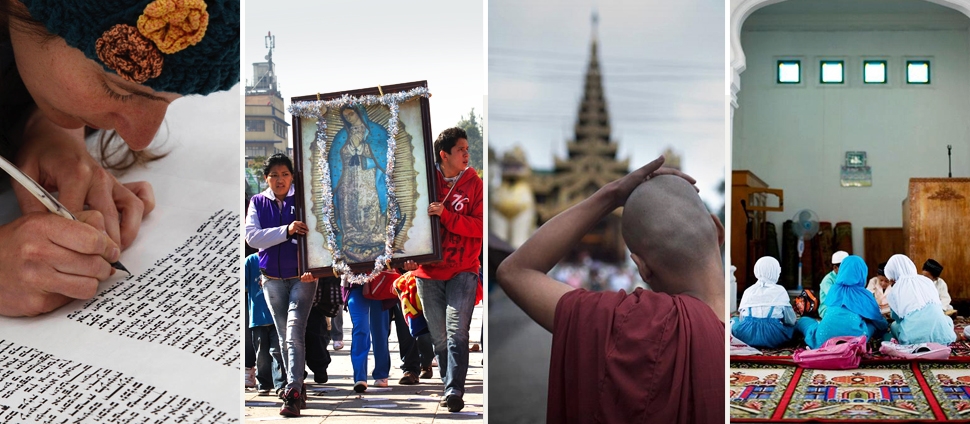Files
Download Full Text (168 KB)
Preview

Publication Source
Law and the Christian tradition in modern Russia
Creation Date
2021
Publisher
Routledge
Document Type
Book Chapter
Description
Chapter Abstract: This chapter surveys the Orthodox scholars who developed the academic study of church/canon law in modern Russia. The story begins in 1863 with the decision to establish departments of church law in the law faculties of Russian universities. The university-based pioneers were joined by peers in Orthodox theological academies, where parallel degree-granting departments of church/canon law were established in 1884. The chapter offers an overview of the family background, education, and career paths of the modern canonists as an identifiable, albeit diverse, professional group. Five of the most productive canonists are presented in greater detail with a focus on the intellectual and institutional challenges facing Orthodox church/canon law in the modern age. The five are Mikhail Gorchakov (1838–1910), Aleksei Pavlov (1832–98), Nikolai Suvorov (1848–1909), Ilya Berdnikov (1839–1915), and Nikolai Zaozerskii (1851–1919). The chapter concludes with an account of the crucial role played by professional canonists in the Pre-Conciliar Commission of 1906, an assembly convened to address the future of Russia’s Orthodox Church following the political and constitutional changes precipitated by the Revolution of 1905.
Book Abstract: This book, authored by an international group of scholars, focuses on a vibrant central current within the history of Russian legal thought: how Christianity, and theistic belief generally, has inspired the aspiration to the rule of law in Russia, informed Russian philosophies of law, and shaped legal practices.
Following a substantial introduction to the phenomenon of Russian legal consciousness, the volume presents twelve concise, non-technical portraits of modern Russian jurists and philosophers of law whose thought was shaped significantly by Orthodox Christian faith or theistic belief. Also included are chapters on the role the Orthodox Church has played in the legal culture of Russia and on the contribution of modern Russian scholars to the critical investigation of Orthodox canon law.
The collection embraces the most creative period of Russian legal thought—the century and a half from the later Enlightenment to the Russian emigration following the Bolshevik Revolution.
This book will merit the attention of anyone interested in the connections between law and religion in modern times.



